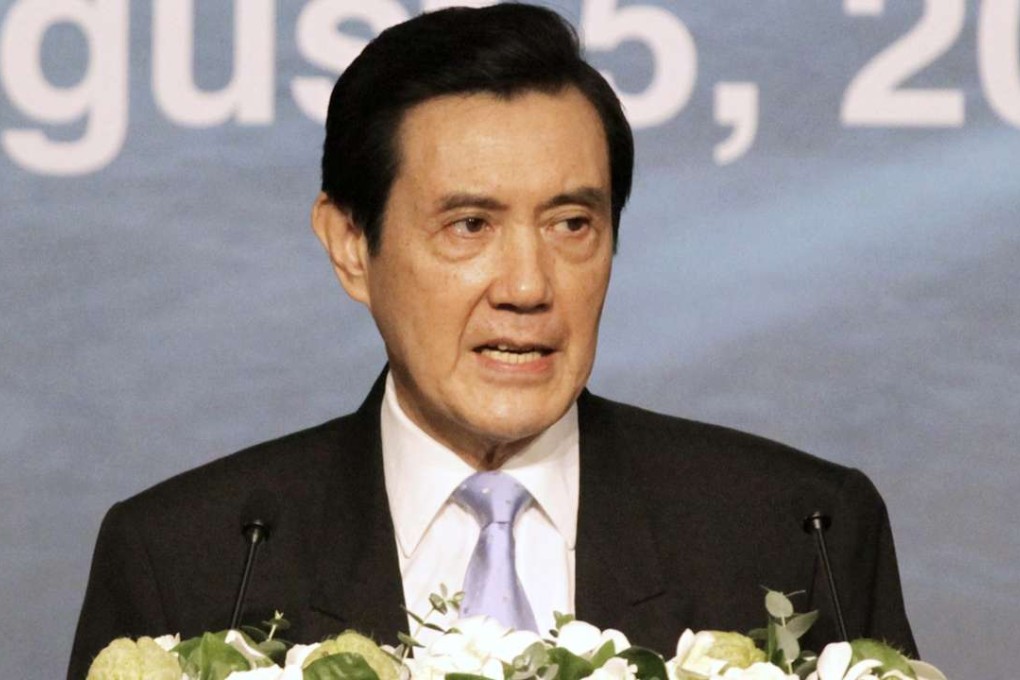Taipei rejects former Taiwanese president Ma Ying-jeou’s request to visit Hong Kong
Government says application comes too soon after leaving presidency, but Ma’s office claims decision damages Taiwan’s democratic image

Taiwanese authorities have rejected a request by former president Ma Ying-jeou to visit Hong Kong to attend an award presentation dinner of the Society of Publishers in Asia (Sopa).
The island’s Presidential Office cited several reasons, including that Ma had only recently left office, that the request was made at very short notice, the “sensitivity” of Hong Kong, and the lack of security cooperation with the territory. The office said Ma could always take part in the event via video conference.
Ma had hoped to attend Wednesday’s dinner, where he was to speak on cross-strait and East Asian relations.
At such short notice, it is unlikely that the new government could discover what kind of classified information he’d accessed
But presidential spokesman Alex Huang on Sunday said it was not appropriate for Ma to visit Hong Kong at this time.
“As Ma submitted his request just 13 days after he left office, at such short notice, it is unlikely that the new government could discover what kind of classified information he’d accessed and whether he had returned all those documents and completed clearance procedures,” Huang said. He said there was no precedent of cooperation between Hong Kong and Taiwan’s security bureau, making “risk control difficult”.
According to Taiwan’s Classified National Security Information Protection Act, former government officials with access to classified information are subject to travel restrictions for three years after leaving office.
Ma left office on May 20 after his mainland-friendly Kuomintang lost the presidential race to Tsai Ing-wen, of the independence-leaning Democratic Progressive Party. Ma is the first former president to apply for a visit outside Taiwan since the act was introduced in 2003. If approved, he would have been the first former leader of Taiwan to visit Hong Kong since 1949.